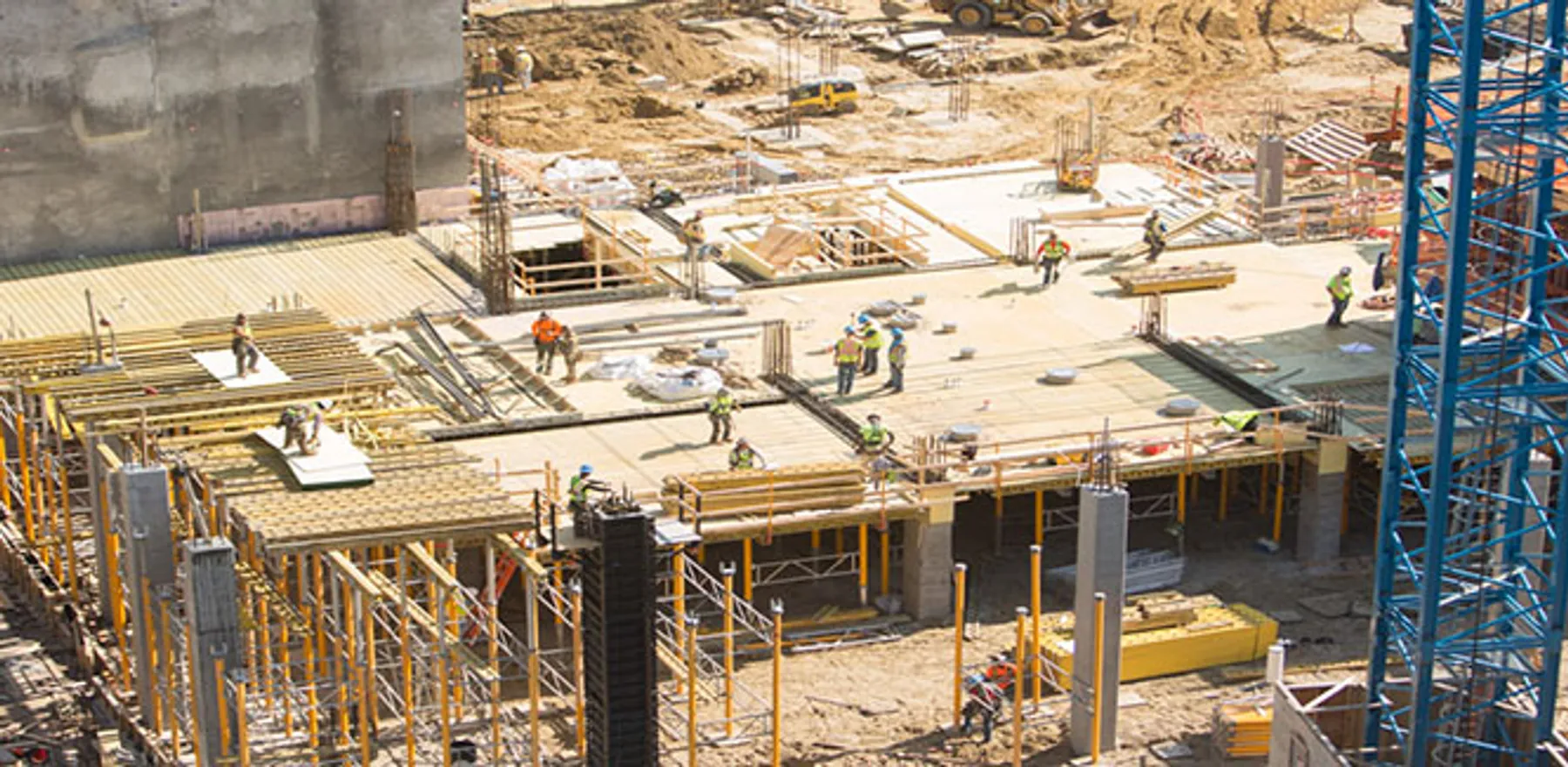Whether buying, selling, or investing, comprehending the factors that appraisers consider when valuing office properties is essential for making informed decisions. In this blog post, we explore the intricate world of office property appraisal and shed light on the key factors that appraisers take into account.
Factors Influencing Office Property Appraisal:
- Location and Accessibility
Location is a paramount factor in the appraisal of office properties. Proximity to transportation hubs, major highways, public transit, and amenities significantly influences the property’s value. Easy accessibility enhances the desirability of an office space, making it more attractive to tenants and contributing to higher appraisal values.
- Building Class and Quality
Office buildings are often categorized into classes, ranging from Class A (high-end and well-located) to Class C (older and less desirable). The class and overall quality of the building directly affect its value. Class A buildings, with modern amenities, advanced technology, and superior infrastructure, typically command higher appraised values compared to lower-class buildings.
- Office Space Configuration
The layout and configuration of office spaces within a building play a crucial role in appraisal. Efficient and flexible layouts that accommodate a variety of office setups are more valuable. Appraisers consider factors such as the number of private offices, open workspaces, meeting rooms, and common areas to assess the functionality and appeal of the office space.
- Tenant Quality and Lease Terms:
For income-generating office properties, the quality of tenants and the terms of their leases are vital considerations. Long-term leases with reputable tenants enhance the stability of cash flow, positively impacting the property’s value. Appraisers scrutinize tenant profiles, lease durations, and rental rates to gauge the income potential and overall desirability of the property.
- Amenities and Common Areas
The presence of amenities and well-maintained common areas contributes to the overall appeal of an office property. Features such as fitness centers, cafeterias, conference facilities, and attractive lobbies can enhance the tenant and visitor experience, positively influencing the property’s value.
- Technological Infrastructure:
In the digital age, the technological capabilities of office properties are crucial. High-speed internet access, advanced security systems, and smart building features contribute to the overall appeal and functionality of the space. Well-equipped technological infrastructure often results in higher appraised values.
- Parking and Accessibility for Employees
Adequate parking facilities and convenient accessibility for employees are important factors in office property appraisal. A well-designed parking area and ease of access contribute to the overall convenience and attractiveness of the property, positively influencing its value.
- Market Conditions and Economic Trends
The broader economic and market conditions play a significant role in office property appraisal. Factors such as supply and demand, interest rates, and economic growth impact the overall real estate market, including office properties. Appraisers must stay informed about current market trends to make accurate assessments of a property’s value.
- Environmental and Sustainability Factors:
Increasingly, sustainability and environmentally friendly features are gaining importance in office property appraisal. Buildings with energy-efficient systems, eco-friendly designs, and LEED certifications may command higher appraised values due to the growing emphasis on corporate social responsibility and sustainable practices.
What are the Different Types of Office Spaces and How Do Appraisers Consider Them?
Offices come in various types, each catering to specific business needs and preferences. Appraising different types of offices involves considering unique features, amenities, and market dynamics associated with each.
When appraising different types of offices, appraisers must consider the specific attributes associated with each category. Understanding the unique demands of tenants or businesses in these spaces, as well as the market dynamics in the respective sectors, helps appraisers provide accurate and insightful valuations. Additionally, market trends, economic conditions, and the overall demand for specific types of office spaces play a crucial role in determining their value.
1.Traditional Office Spaces
These are conventional office spaces typically found in multi-story office buildings. They often consist of individual offices, conference rooms, and common areas.
Appraisal Considerations:
Location: Proximity to business districts or commercial centers enhances value.
Floor Configuration: Efficient layouts with a balance of private offices and collaborative spaces are valued.
Building Class: Class A buildings with modern amenities may command higher values.
- Co-Working Spaces:
Co-working spaces provide flexible work environments where individuals or companies can rent shared office space. They often include communal areas, private offices, and meeting rooms.
Appraisal Considerations:
Tenant Profiles: The diversity and quality of tenants impact the property’s desirability.
Lease Terms: Flexible leasing arrangements and short-term leases may affect long-term income stability.
Amenities: Modern, well-designed common areas and amenities contribute to the overall appeal.
- Medical Offices
Designed to accommodate healthcare professionals, medical offices often include examination rooms, waiting areas, and administrative spaces.
Appraisal Considerations:
Zoning Compliance: Compliance with healthcare zoning regulations is crucial.
Specialized Infrastructure: The presence of specialized medical infrastructure such as x-rays, lab space, cold storage areas, and specialized healthcare equipment can significantly impact value.
- Tech/Innovation Hubs:
These offices are often situated in areas with a high concentration of technology and innovation companies. They may feature open layouts, collaborative spaces, and advanced technology.
Appraisal Considerations:
Proximity to Tech Clusters: Being situated near technology hubs can positively impact value.
Tech Infrastructure: Advanced technological features and infrastructure contribute to valuation.
- Creative/Artistic Spaces:
Tailored for creative industries, these spaces may have unique designs, open layouts, and collaborative environments.
Appraisal Considerations:
Design and Aesthetics: Creative and unique design elements can influence property value.
Flexibility: Spaces that allow for customization and flexibility are often valued higher.
- Government Offices
Office spaces used by government agencies for administrative and public service functions.
Appraisal Considerations:
Lease Stability: Government leases are often stable, contributing to the property’s income reliability.
Regulatory Compliance: Compliance with government regulations is crucial for valuation.
The appraisal of office properties is a multifaceted process that considers a myriad of factors. From the location and quality of the building to tenant profiles, technological infrastructure, and market conditions, each element contributes to the overall value of an office property. Investors, businesses, and appraisers must navigate this intricate landscape with a keen understanding of these factors to make well-informed decisions in the dynamic and competitive office real estate market.
Written by Thomas McCoy




